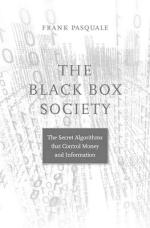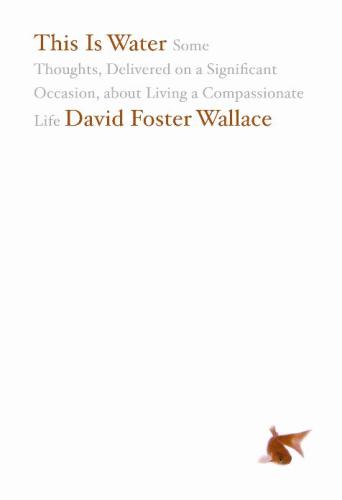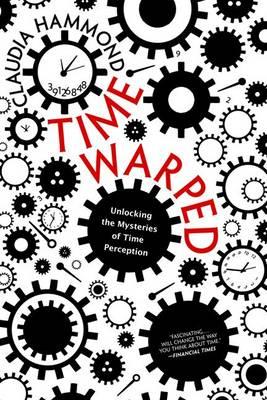Tag the enlightenment
Attention without feeling is only a report: “Life exists only because of a myriad of synchronicities that bring us to this particular place at this particular moment. In return for such a gift, the only sane response is to glitter in reply. Knowing the fractal geometry of an individual snowflake makes the winter landscape even more of a marvel. Knowing the mosses enriches our knowing of the world. Mosses and other small beings issue an invitation to dwell for a time right at the limits of ordinary perception. All it requires of us is attentiveness. Look in a certain way and a whole new world can be revealed. Learning to see mosses is more like listening than looking. A cursory glance will not do it. Starting to hear a faraway voice or catch a nuance in the quiet subtext of a conversation requires attentiveness, a filtering of all the noise, to catch the music. Mosses are not elevator music; they are the intertwined threads of a Beethoven quartet.” So writes one of the world’s leading botanists, Robin Wall Kimmerer, in her masterwork Gathering Moss: A Natural and Cultural History of Mosses — an extraordinary celebration of smallness and the grandeur of life, as humble yet surprisingly magical as its subject.
Algorithms can learn. Algorithms can acquire bias. In The Black Box Society: How Secret Algorithms Control Money and Information, eminent Law Professor Frank Pasquale exposes the invasive technology running our lives. In The Age of Terror these systems can be used to extend the control of dark agencies into every corner of our lives. Every day, corporations are connecting the dots about our personal behavior-silently scrutinizing clues left behind by our work habits and Internet use. The data compiled and portraits created are incredibly detailed and invasive. But who connects the dots about what firms are doing with this information? The Black Box Society argues that we all need to be able to do so-and to set limits on how big data affects our lives.
Only once did David Foster Wallace give a public talk on his views on life, during a commencement address given in 2005 at the elite liberal arts Kenyon College, the oldest private educational institution in Ohio, America, known for its rural setting and Gothic architecture. Demonstrating that wisdom can come from everywhere, is the sole possession of no individual, no single faith, no single creed, no single god, the schools motto is derived from the religious order of The Daughters of the King, associated with the Episcopal Church but now drawing members from across denominations: Mangnaminem Sustine Cruciter, meaning “With heart, mind and spirit uphold and bear the cross.” At the base of the cross are the letters “FHS”, meaning: “For His Sake”. To many Christ, in 2015, appeared to have departed the Earth scene as a tidal wave of Islamic fundamentalism swept the world. Three years later David Wallace was to commit suicide, becoming a cultural symbol for tortured genius. His address, published in the slim volume This Is Water, captures Wallace’s electric intellect as well as his grace in attention to others. After his death, it became a treasured piece of writing reprinted in The Wall Street Journal and the London Times, commented on endlessly in blogs, and emailed from friend to friend. Writing with his one-of-a-kind blend of causal humor, exacting intellect, and practical philosophy, David Foster Wallace probes the challenges of daily living and offers advice that renews its devotees with every reading. How does one keep from going through their comfortable, prosperous adult life unconsciously? How do we get ourselves out of the foreground of our thoughts and achieve compassion?
The Arrow of Time, or Time’s Arrow, is a concept developed in 1927 by the by the British astronomer Arthur Eddington involving the “one-way direction” or “asymmetry” of time. This direction, which can be determined, according to Eddington, by the studying of the organisation of atoms, molecules and bodies. The latest cosmological theories explain why humans, trapped within the decay or entropy of their own forms, possess an illusory sense of time as running in only one direction. Time Warped: Unlocking the Mysteries of Time Perception — a foray into the idea that our experience of time is actively created by our own minds and how these sensations of what neuroscientists and psychologists call mind time are created is written by acclaimed BBC broadcaster and psychology writer Claudia Hammond. In a world of increasing polarisation, where the push to fundamentalism of thought and creed, as exemplified by Islamic State, is contrasted with an accelerating push towards a coming enlightenment of the human condition by some of the world’s greatest intellects, these debates are increasingly vital.
He who controls cyber space controls the world. The Author of @War: The Rise of the Military-Internet Complex, Shane Harris, is an American journalist and author at Foreign Policy magazine. He specializes in coverage of America’s intelligence agencies, notably writing the book The Watchers: The Rise of America’s Surveillance State. In the prologue to his new book he writes: “The leaders of the intelligence agencies, top military officers, and the president himself say that the consequences of another major terrorist attack on American soil pale in comparison with the havoc and panic a determined and malicious group of hackers could cause. Instead of stealing information from a computer, they could destroy the computer itself, crashing communications networks or disabling systems that run air traffic control networks. They could hijack the Internetconnected devices that regulate the flow of electrical power and plunge cities into darkness. Or they could attack information itself, erasing or corrupting the data in financial accounts and igniting a national panic.”




